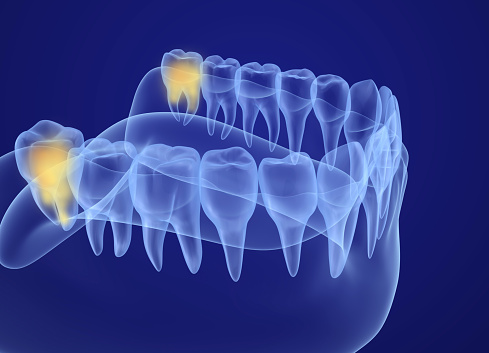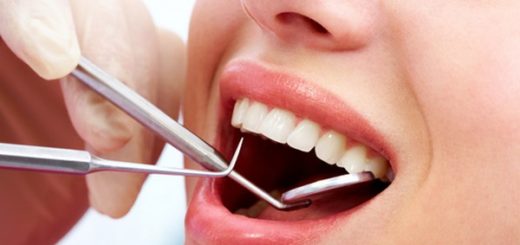Significant Causes of Wisdom Teeth Removal
Wisdom teeth are the third and final set of molars to develop in an adult human being. They are usually four in number located in the very back of your mouth. Two of them grow in the lower jaw and the other two in the upper jaw. Usually, they start growing between the age of seventeen and twenty-five years. Wisdom teeth are generally flat, and they don’t play a key role in your overall chewing ability. Therefore, not everyone develops these teeth.

Sometimes, the eruption of wisdom teeth can bring along several complications to you. As such, your doctor or dentist will advise that you have them removed. With or without pain, wisdom teeth removal can be recommended due to the following reasons:
- If your wisdom teeth adopt various abnormal angles
In such an instance, the wisdom teeth don’t have enough room to grow correctly. As they try to squeeze to a spot where there is no space, they can adopt various angles in the jaw.
- If they remain completely hidden within the gums
Sometimes, wisdom teeth become trapped within your jawbone, thus fail to erupt fully. In such a case, dental surgery may be conducted to remove the teeth.
- If they emerge partially through the gums
It is risky to stay with wisdom teeth that have partially emerged. They can easily create a passageway for bacterial infections that eventually cause oral infection and gum disease.
- If they lead to crowding of nearby teeth
Lack of enough room for wisdom teeth to grow not only changes the angle of the teeth, but it also crowds or damages adjacent teeth.
Symptoms that may cause your wisdom teeth to be removed
- Persistent sharp pain on the teeth
- Repeated cycles of infection on soft tissues behind the lower last tooth
- Fluid-filled sacs commonly called, cysts
- The onset of a tumor
- Damage to the nearby teeth
- Gum disease (periodontitis) for instance; swollen, bleeding gums and bad breath
- Extensive tooth decay
Your dentist or an oral surgeon should be the only one who decides to remove wisdom teeth. In case the removal is necessary, it is recommended that it be done at a younger age. At this stage, the roots and bones are not fully formed, and recovery is generally faster after surgery.
Typically, your dentist will have to do an X-ray first to find out what’s going on with your wisdom teeth. If the dentist foresees problems with your wisdom teeth or you already have symptoms, they’ll schedule an appointment for removal.
Wisdom teeth removal is not as complicated and painful as people think. All thanks to anesthesia and sedation, otherwise the pain cannot be endured. Your doctor will select the numbing mechanism that best suits you. It may either be;
- Local anesthesia: For this type, you’re usually awake during the procedure. You may feel some pressure but no pain at all.
- Sedation: Usually, you’re awake through your consciousness is very less. In this case, you may not remember much about everything during the procedure.
- General anesthesia: For this numbing, you’re completely asleep. You can’t remember anything at all.
After surgical removal, stitching is done to help quicken the healing of the wound. Also, the doctor will put gauze over the holes to promote clotting. Before and after the procedure, you may be asked to avoid foods or drinks for a certain number of hours.
Some people will experience swelling and pain after the removal of wisdom teeth, which is very normal. However, the healing process varies from one individual to the other, depending on the severity of their conditions.




